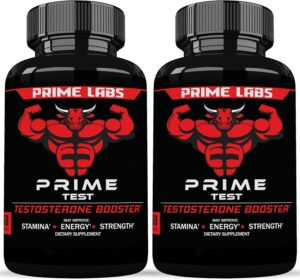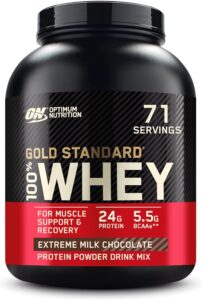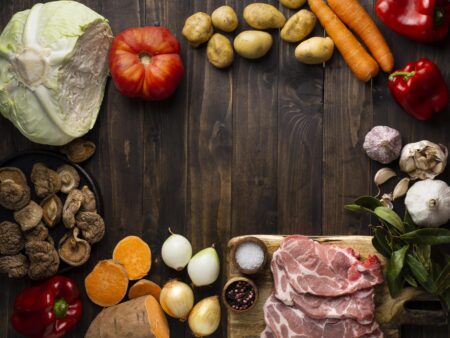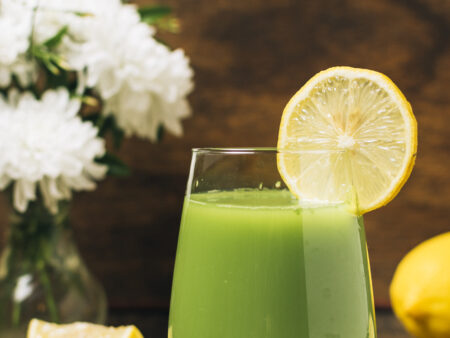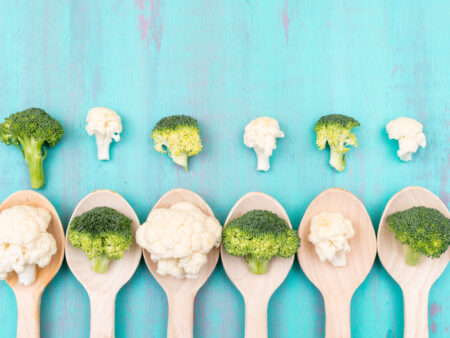
Liquid diets have gained popularity as an effective method for quick weight loss. These diets replace some or all of your meals with liquids, including juices, shakes, broths, and smoothies. While they can offer rapid weight loss results, it’s essential to understand the different types of liquid diets, their benefits and risks, and how to structure them properly for safety and effectiveness.
Types of Liquid Diets
1. Clear Liquid Diets: Prescribed before medical procedures or surgeries, these diets include clear broths, clear juices, and gelatine. They provide minimal calories and are not intended for long-term use.
2. Full Liquid Diets: These diets include all the liquids in a clear liquid diet plus milk, shakes, and creamy soups. They provide more calories and nutrients and can be used for a longer period than clear liquid diets but still under medical supervision.
3. Meal Replacement Shakes: These are commercially prepared shakes designed to replace one or more meals per day. They are often fortified with vitamins and minerals to ensure nutritional adequacy.
4. Juice Cleanses: These involve consuming only fruit and vegetable juices for a set period. Advocates claim they detoxify the body; though scientific evidence is limited.
5. Smoothie Diets: These involve replacing meals with nutrient-rich smoothies that include fruits, vegetables, protein powders, and other supplements.
Benefits of Liquid Diets
1. Rapid Weight Loss: Liquid diets can result in quick weight loss due to significant calorie reduction. This rapid loss can be motivating for those looking to jump-start their weight loss journey and see immediate results.
2. Convenience: Preparing liquids like smoothies, shakes, and soups is often faster and more convenient than cooking traditional meals, making it easier for people with busy lifestyles to stick to their diet plan.
3. Portion Control: Pre-packaged shakes and drinks offer precise portion sizes and calorie counts, helping individuals manage their intake more effectively and avoid overeating.
4. Detoxification: Some believe that liquid diets aid in detoxifying the body by flushing out toxins. While this is a popular claim, scientific evidence supporting the detoxification benefits of liquid diets is limited.
Risks of Liquid Diets
1. Nutrient Deficiencies: Long-term use of liquid diets can result in deficiencies in essential nutrients such as fibre, protein, and healthy fats. This can lead to various health issues, including weakened immunity, digestive problems, and overall poor health.
2. Loss of Muscle Mass: Without sufficient protein intake, the body may start to break down muscle tissue to meet its energy needs, leading to a loss of muscle mass. This can decrease strength and metabolic rate, making it harder to maintain weight loss.
3. Metabolic Slowdown: Extreme calorie restriction associated with liquid diets can cause the metabolism to slow down. This adaptation by the body to conserve energy can make it challenging to sustain weight loss over the long term and can lead to weight regain once normal eating resumes.
4. Hunger and Cravings: Liquid diets can leave individuals feeling hungry and unsatisfied, which may increase the risk of binge eating or overeating once the diet period is over. This can undermine weight loss efforts and lead to weight cycling.
5. Medical Complications: Individuals with underlying health conditions, such as diabetes, heart disease, or gastrointestinal disorders, should consult a healthcare provider before starting a liquid diet. These diets can exacerbate symptoms or interact negatively with medical treatments.
What to Include in Your Liquid Diet?
1. Broths and Soups: Opt for nutrient-rich broths and soups made from vegetables and lean proteins.
2. Smoothies: Include a variety of fruits, vegetables, protein powders, and healthy fats like avocado or nut butters.
3. Juices: Choose fresh, cold-pressed juices made from a mix of fruits and vegetables. Avoid those with added sugars.
4. Meal Replacement Shakes: Select shakes that are high in protein and fibre and low in sugar. Look for those fortified with vitamins and minerals.
5. Herbal Teas and Infusions: These can be a great way to stay hydrated and enjoy different flavours without added calories.
Sample Liquid Diet Plan
Breakfast:
– A protein smoothie with spinach, banana, almond milk, and a scoop of protein powder.
Mid-Morning Snack:
– A glass of vegetable juice made from carrots, celery, and apple.
Lunch:
– A meal replacement shake or a bowl of blended vegetable soup.
Afternoon Snack:
– Herbal tea or a small serving of fruit smoothie.
Dinner:
– Broth-based soup with blended vegetables and lean protein.
Evening Snack:
– Warm almond milk with a dash of cinnamon.
Duration of a Liquid Diet
The length of time you can safely stay on a liquid diet varies depending on the type of liquid diet and your individual health status.
– Clear Liquid Diets: These should only be followed for a few days, before or after a medical procedure.
– Full Liquid Diets: Can be followed for a few days to a couple of weeks but should be done under medical supervision.
– Meal Replacement Shakes: Can be used longer-term, often several weeks to a few months, with at least one solid meal per day.
– Juice Cleanses and Smoothie Diets: Followed for a few days to a week. Extended periods should be supervised by a healthcare provider.
Weight Loss Expectations
The amount of weight loss can vary greatly depending on the type of liquid diet, your starting weight, and your adherence to the plan. On average:
– Clear Liquid Diets: May result in a weight loss of 1-2 pounds per day, primarily water weight.
– Full Liquid Diets: Can lead to a loss of 2-4 pounds per week.
– Meal Replacement Shakes: Result in a weight loss of 1-2 pounds per week.
– Juice Cleanses and Smoothie Diets: May result in a weight loss of 3-5 pounds per week, though much of this may be water weight and muscle loss if not properly balanced.
Liquid diets can be an effective way to achieve rapid weight loss by significantly reducing calorie intake, leading to quick results. However, they come with potential risks such as nutrient deficiencies, muscle loss, metabolic slowdown, and increased hunger and cravings. It’s crucial to choose the right type of liquid diet, such as meal replacement shakes or nutrient-rich smoothies, and ensure they provide adequate protein, fibre, vitamins, and minerals. Seeking medical advice before starting a liquid diet is essential to tailor the plan to individual health needs and avoid complications. For sustainable weight loss and overall health, combining a balanced diet with regular exercise is generally the best approach, as it promotes long-term healthy habits and overall well-being.

